Know About Blood Sugar Level | Diabetes: Type, Symptoms, Causes, Treatment, Prevention
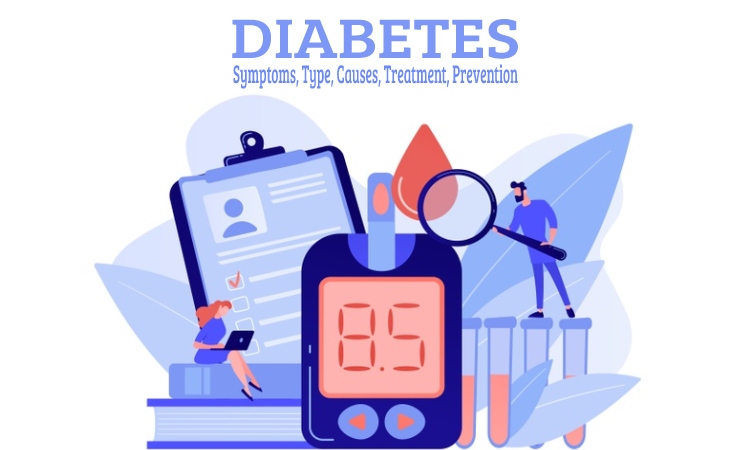
Most popularly termed as diabetes, diabetes mellitus is a disease related to the body’s metabolism and triggers high blood sugar level symptoms. The job of moving sugar present in the blood into the body’s cells for either storage purposes or to be used as energy is shouldered out by the hormone insulin. When you have diabetes, the insulin is either not produced sufficiently by your body or is incapable of using the insulin it produces.
If left untreated, the high sugar level symptoms triggered by diabetes can harm your primary body organs; kidneys, eyes, nerves for instance.
The Types of Diabetes That You Must Know about it
Diabetes can be categorized into different types:
- Type 1 Diabetes
Type 1 Diabetes is diagnosed as an autoimmune disease where the immune system both abuses and damages the pancreas cells. These pancreas cells are the place where insulin is generated. The reason behind this kind of abuse is still unknown. An approx. 10% of diabetic patients suffer from this Type 1 diabetes.
- Type 2 Diabetes
Type 2 Diabetes takes place where the body becomes insulin-resistant, and there is a build-up of sugar inside your blood.
- Prediabetes
Prediabetes happens when your blood sugar level isn’t within the normal range but is higher than that. However, it isn’t higher for type 2 diabetes diagnosis.
- Gestational Diabetes
When the blood sugar level is high during the pregnancy, it is called Gestational pregnancy. This diabetes is caused by the placenta-produces hormones which block insulin.
Each diabetes type is characterized by exclusive symptoms, causes, and treatments. Listed below are all the different diabetes types and how they differ from each other.
Diabetes Symptoms
The diabetes symptoms occur because of an increase in blood sugar.
The General Diabetes Symptoms
- A spike in hunger
- A spike in thirst
- Sudden weight loss
- Frequent urination
- Blurred vision
- Fatigues
- Sores that refuse to heal
Diabetes Symptoms in Men
Apart from the common diabetes symptoms, diabetic males might encounter a fall in their sexual drive, erectile dysfunction, or even feeble muscle strength.
Diabetes Symptoms in Women
Diabetic females can suffer from low sugar level symptoms such as urinary tract infections, flaky and itchy skin, or even yeast infections.
Type 1 Diabetes Symptoms
The Type 1 Diabetes symptoms run inclusive of:
- Excessive hunger
- Excessive thirst
- Sudden loss in weight
- Frequent urination
- Excessive tiredness
- Blurred vision
Type 2 Diabetes Symptoms
The Type 2 Diabetes symptoms can be:
- Too much hunger
- Surge in hunger
- Surge in thirst
- Frequent urination
- Blurred vision
- Fatigueless
- Slow-healing sores
Type 2 Diabetes might also result in recurring infections, given the spike in glucose levels which makes it difficult for the body to recuperate.
Gestational Diabetes
Gestational diabetic women do not encounter any type of symptoms. And they are detected with gestational diabetes during their regular blood sugar test. It can also be detected during the oral glucose tolerance examination.
What Causes Diabetes?
Type 1 Diabetes: The Factors Causing It
The factors resulting in type 1 diabetes are still blurry, confusing, and not determined yet. In this condition, the immune system abuses and damages the beta cells produced by the insulin in your pancreas, by accident. In some people, genes might play an essential role. There is a possibility of viruses triggering the attack of the immune system as well.
Type 2 Diabetes: The Factors Causing It
Certain lifestyle factors and an assortment of genetics results in Type 2 Diabetes. Obesity and being overweight are two more factors that increase the possibilities of Type 2 diabetes symptoms as well. When you carry abnormal weight around your stomach, it makes the cells more vulnerable to the insulin effects on your blood sugar. The type of diabetes condition is common in families. The ones more likely to get type 2 diabetes are either overweight or share the same genes as their family members who have had or are having diabetes.
Gestational Diabetes: What Causes It?
When hormones change during the stages of pregnancy, it might result in gestational diabetes. The hormones produced by the placenta make the cells in a pregnant woman more susceptible to insulin effects. And this is what results in high sugar level symptoms in pregnant women. Furthermore, gestational diabetes is also common amongst overweight pregnant women.
Diabetes henceforth is triggered by both environmental and genetic factors.
Diabetes: Can It Be Treated?
Diabetes is treated with certain medications, some of which are available for oral consumption and the rest are available in the form of injections.
Type 1 Diabetes: Available Treatments?
Insulin can treat type 1 diabetes. The hormones which cannot be produced by the body are replaced by insulin. Insulin is of four types and they are categorised by how effectively they work, and how long-lasting their actions are:
Type 2 Diabetes: Available Treatments?
The best way to control and manage Type 2 diabetes is exercise and proper diet. However, if changes in lifestyle and diet don’t help you to combat the low sugar level symptoms, then you might have to count on proper medication. Some of the best medications that are known to treat type 2 diabetes are:
- Alpha-glucosidase inhibitors
- Biguanides
- DPP-4 inhibitors
- Glucagon-like peptides
- Meglitinides
- SGL-T2 inhibitors
- Sulfonylureas
- Thiazolidinediones
Controlling Diabetes Through A Proper and Balanced Diet
The best way to manage diabetes is through having a healthy diet. In a majority of cases, diet changing can be sufficient to manage the diet. What you eat can affect the count of your blood sugar levels. While sugary foods might cause a spike in blood sugar levels. The gradual increase in blood sugar levels is triggered by fat and protein. Consuming the correct foods and keeping a check on your carb intake is an essential way of preventing diabetes. Some of the healthy foods that can help keep your blood sugar level in check are:
- Nuts, Olive oil, and other such healthy fats
- Fish, poultry, and more such lean meat
- Whole grains
- Vegetables
- Fruits
Keeping Diabetes at Bay
Since the immune system causes diabetes, type 1 diabetes cannot be prevented anyhow. However, the type 2 diabetes factors like your age or genes cannot be brought under control either. Still, there are several risk factors associated with diabetes symptoms that can be prevented through simple yet effective changes in your diet and overall fitness routine. To delay or prevent type 2 diabetes or to keep your prediabetes under check, adhere to the following tips:
- Engage in an aerobics exercise of about 150 minutes every week, like maybe cycling or even walking.
- Slack down your intake of trans fat or even saturated fat. You might even want to consider cutting down on your intake of refined carb.
- Consume more whole grains, veggies, and fruits.
- Eat smaller portions.
- In case you are obese or have gained excessive weight, try and slack down at least 7% of it through diet and exercise.
While type 1 diabetes cannot be prevented and isn’t within your power to control, you can easily prevent type 2 diabetes by making strategic food selections, rising inactivity, and even though weight loss management. If you are at risk of diabetes, then consult with your doctor right away and follow his/her advice to keep diabetes at bay.
Disclaimer: The information on this website should not be used as a substitute for professional medical care or advice. Contact a health expert if you have questions about your health.




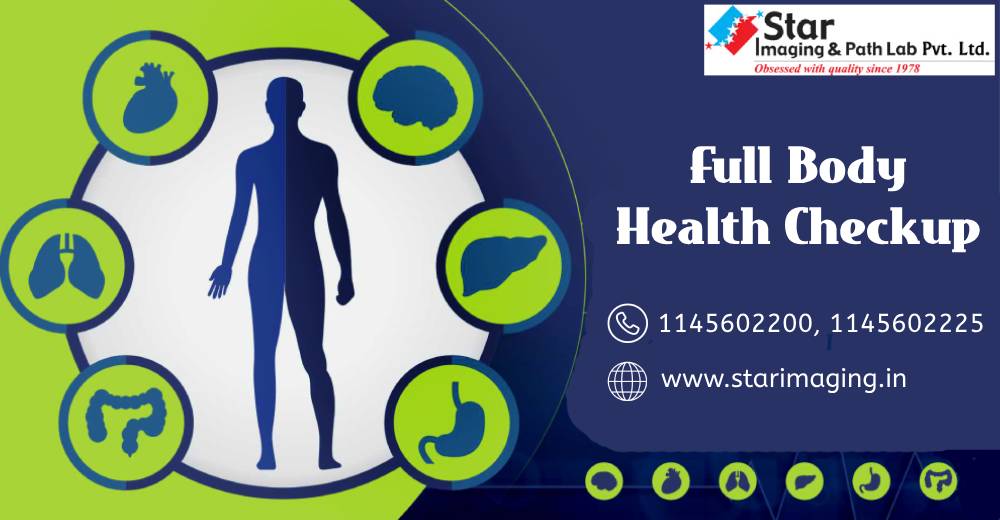
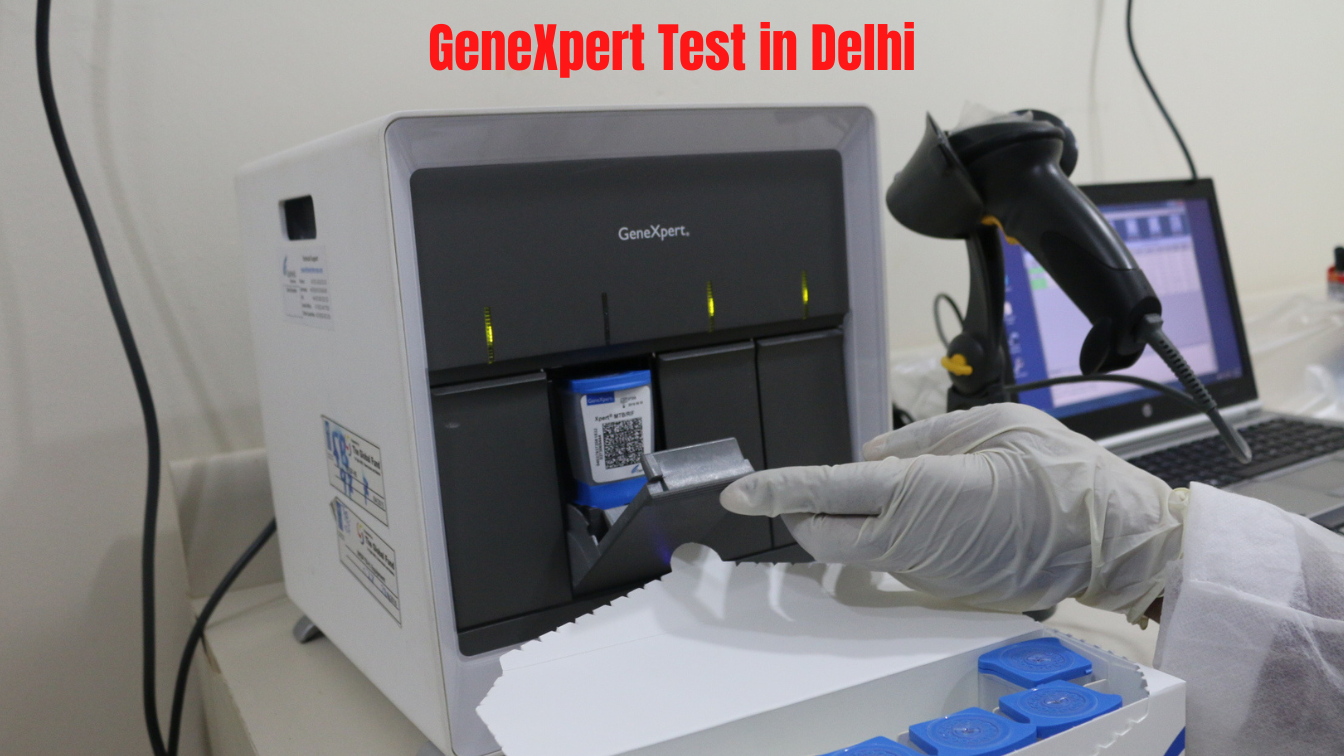


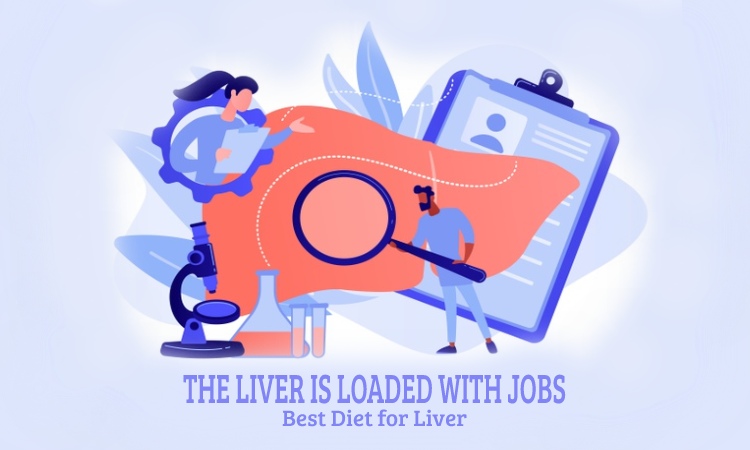

.jpg)
.jpg)

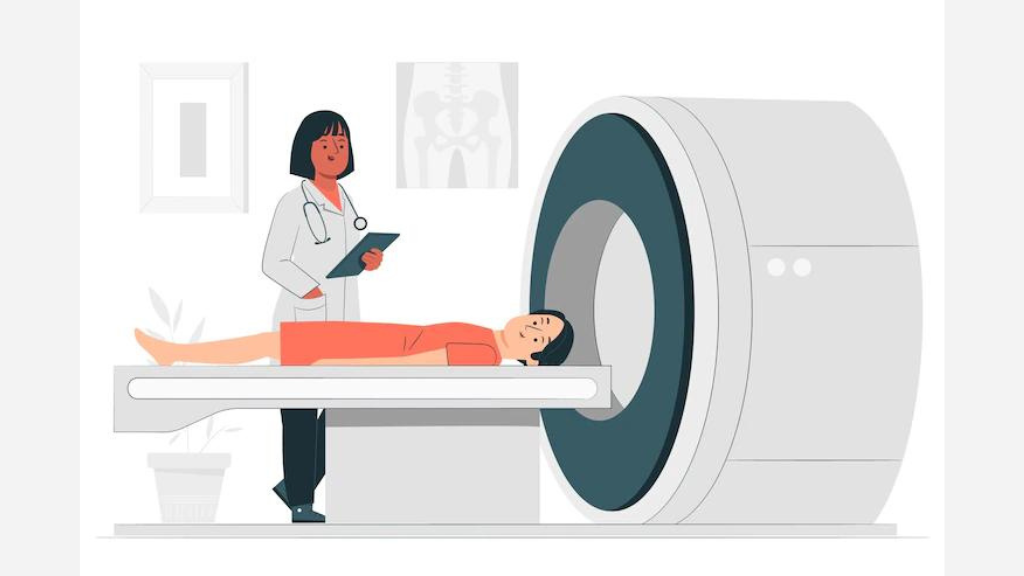
Comments List